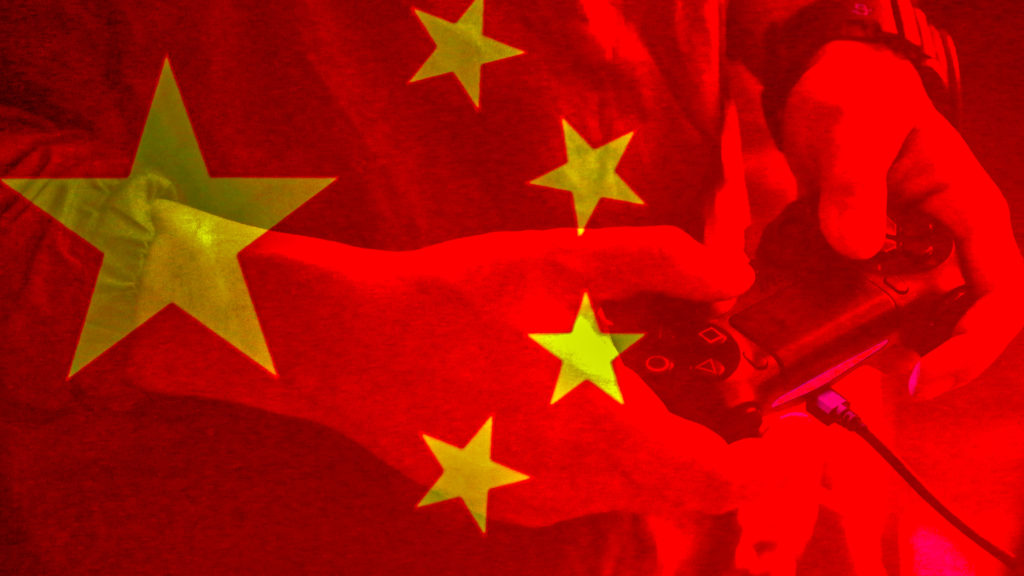According to the forecast of Niko Partners, up to 360 foreign games will be released in China in 2020. This is more than the Chinese regulator licensed last year.
Number of imported games
The issuance of licenses in China is handled by the State Administration of China for Press and Publications (SAPP).
App2Top.ru I have repeatedly published updated requirements of the regulator for published games. These requirements are getting tougher. In addition, the limit of licenses issued annually is being reduced, VentureBeat writes.
At the same time, China releases to the market, for the most part, local titles. Several lists of Chinese games and only one list of imported ones are approved monthly.
Nevertheless, the number of allowed imports will grow this year.
How Niko Partners compared:
- In 2019, 1,570 games were allowed on the market. 185 of them were foreign. Among the imported games, 139 were mobile, 32 were desktop and browser games, and 14 were console games.
- This year, according to analysts, 240 to 360 foreign titles will receive permits.
Origin of imported games
Analysts believe that among the foreign projects in the Chinese market, the majority will be Japanese. In past years, the regulator was most loyal to the titles from the Land of the Rising Sun. Of the 185 licenses issued last year, a third (63 pieces) went to Japanese developers.
At the same time, American and South Korean games are rarely allowed on the market. For example, in 2017, companies from the United States received 81 licenses. But in 2018-2019, they were issued an average of 16 permits in China. At the same time, such hits as Fortnite, Call of Duty: Mobile and H1Z1 were not approved. Permissions were granted mainly to casual and midcore games.
Niko Partners does not know the exact reasons why China ignores major projects from the United States. Economic tensions between the two countries could have played a role.
The situation is similar with South Korea. In 2017, it had political tensions with China, and the latter unofficially closed the import of Korean entertainment content — including games. In 2017 and 2018, not a single South Korean project entered the Chinese market. Although previously published Dungeon, Fighter and Crossfire are very popular among Chinese players.
Recall that the PUBG battle royale from South Korea did not receive permission for monetization either – allegedly because of excessive cruelty. Therefore, Tencent stopped testing it in China and promptly published an almost identical and patriotic Game for Peace.
Niko Partners note that Steam remains the only way to enter the Chinese market without the necessary license. But soon Steam China will appear in the country, and its entire library will be approved by SAPP. It is known that the store will offer 40 games at launch.
Also on the topic:

